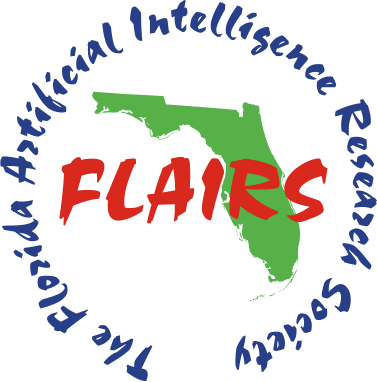Measuring Outcomes in Healthcare Economics using Artificial Intelligence: with Application to Resource Allocation
DOI:
https://doi.org/10.32473/flairs.v34i1.128496Abstract
The quality of service in healthcare is constantly challenged
by outlier events such as pandemics and natural
disasters. In most cases, such events lead to critical uncertainties
in decision making, as well as in multiple medical
and economic aspects of a hospital. External (geographical)
or internal factors (medical and managerial) at hospitals,
lead to shifts in planning, budgeting, and confidence
in conventional processes. In some cases, support from
other hospitals becomes inevitable. This manuscript presents
three intelligent methods that provide data-driven
indicators to help healthcare managers organize their economics
and identify the most optimum plan for resource
allocation and sharing. Using reinforcement learning, genetic
algorithms, traveling salesman, and clustering, we
experimented with different healthcare variables and presented
tools and outcomes that could be applied at health
institutes. In this poster, initial experiments are performed;
the results are recorded, evaluated, and illustrated.


